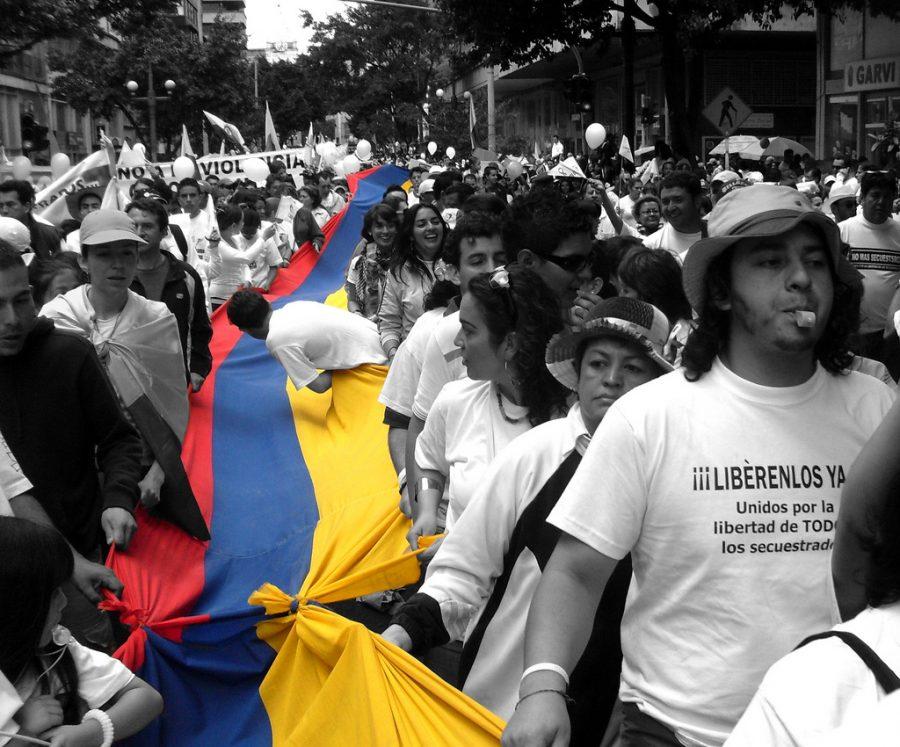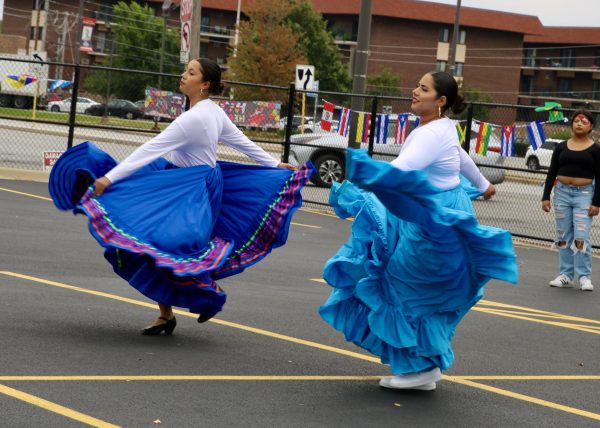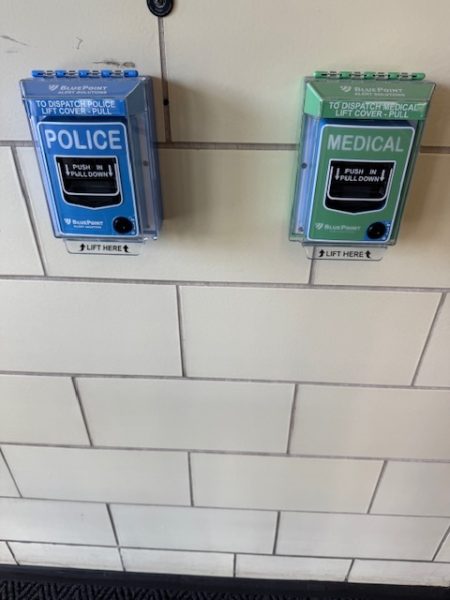Colombia and FARC: When Principle Trumps Peace
This last weekend the public eye was shocked to hear that Colombians had rejected a peace deal between them and the Marxist guerilla movement of FARC, which has been in perpetual conflict with the national government since FARC’s advent in 1964. After having been arranged with FARC’s leadership for four years, the proposed accord of peace was narrowly rejected in a vote among the Colombian departments.
Colombia’s former presidential hopeful Ingrid Betancourt was held captive by FARC forces for six grueling years and has been a voice of hope for the nation’s reforming its fractured political scene and stagnant economic development. She adduced a sharp division in interests between voters:
“When you see a map of the regions that voted ‘yes’, you see those are the regions that are really suffering from the war,” Betancourt says. “So what it tells us is that for people who haven’t been affected by the war, the issue of the referendum was abstract.”
Consequently, many Colombians averred that the movement for peace is a betrayal of the people who voted “yes,” for the FARC’s leadership, for them, must first be tried for the reign of terror that the organization has draped the countryside with for the last half a century. It is estimated that a quarter of a million have died as a result of the FARC’s activities.
The referendum’s result was met with consternation by President Juan Manuel Santos and his administration, who didn’t quite have a “plan B.” President Santos won the Nobel Prize for his hand in the negotiations, and donated one million in prize money to conflict victims.
Santos expressed his continued longing and intention to continue to look for a solution to the conflict that would accommodate all Colombians’ demands. It is believed that the treaty should be amended with all due haste before FARC regresses to its former isolation, for many of its members have already bemoaned the peace gesture as a sellout.





